Heroes and mentors
At The Gathering in May, Mike Betts told us a story. Or rather, he told us the basic plot of the vast majority of Western culture’s stories. (Spoiler alert: if you’ve never seen a film or read a book, look away now!)
The story goes like this: a crisis arises and all seems lost until a hero emerges and sets out on a quest to defeat the enemy/plug the dam/throw the ring into a fiery mountain. The hero encounters various obstacles along the way, and all seems lost (again), but then the hero gets some wise advice or help from a mentor who equips him/her with the strength, courage and/or tools to complete the quest. The hero returns home victorious and is showered with praise and glory.
These are the stories that most of us have grown up with, and men especially are fed the idea from a young age that to be successful is to be the hero of the story - bold and brave, perhaps working alone, although sometimes with a few dim-but-loyal sidekicks who get a scene or two of glory before the focus reverts to the hero. It’s about the strength, courage, power and skill of the exceptional individual. And if you can’t be that, then you have failed in life.
A better way
What does the Bible say about that? There are of course stories that fit that narrative - David and Goliath is an obvious example, Moses and the Exodus is another, and of course Jesus is the perfect model of it. But then we come to the early church, and things start to look different.
Look at Paul’s words to the church in Ephesus:
[Christ] gave the apostles, the prophets, the evangelists, the shepherds and teachers, to equip the saints for the work of ministry, for building up the body of Christ, until we all attain to the unity of the faith and of the knowledge of the Son of God, to mature manhood, to the measure of the stature of the fullness of Christ. - Eph 4:11-13
We’re very familiar with the first part of that, ‘the Ephesians 4 ministries’, but Mike directed our attention to the next part, the purpose of those gifts: they are given to equip the saints so that they - the saints, the members of the body - can do the work of ministry.
In our story analogy, leaders are not to see themselves as the hero of the story, but as the mentor. Not bravely struggling to complete the quest and get the glory, but inspiring, encouraging and equipping others to go further, be stronger, do mightier deeds than we ever could.
And of course in turn those people will be the kind of leaders who have the courage not to be the hero but to develop others and release them into greater things still.
We are all called to make disciples, that means we are all called to be disciplers - leaders who draw along those who are a few steps behind us on the path and raise them up to be leaders and disciplers in their turn.
This is hard. It takes humility to put in all the effort and see someone else reap the reward and get the acclaim. It usually means that things won’t be done as well as we could do them for a season. Things will be messy, mistakes will be made, but it is the only way for our ministry and our churches to outlast us.
The apostle Paul modelled this kind of leadership. We can tell that because the growth of Christianity didn’t stop when he was in prison (see Phil 1:12-20). In fact it grew more and went further. He had trained, encouraged and empowered people such that when he was hindered, they felt the freedom to go for it and continue the work.
Are we creating that culture of empowerment in our sphere of influence? Are we looking out for the gifts in others that we can nurture and develop for the sake of the gospel and of maturity and unity among the saints? Do we see ourselves as the hero of the story or the mentor?
This post was adapted from Mike Betts’ message at The Gathering, May 2019. Unfortunately the recording of that message is not currently available, but the sessions led by Daniel Goodman and Wouter Vertegaal are now available on The Gathering page.
